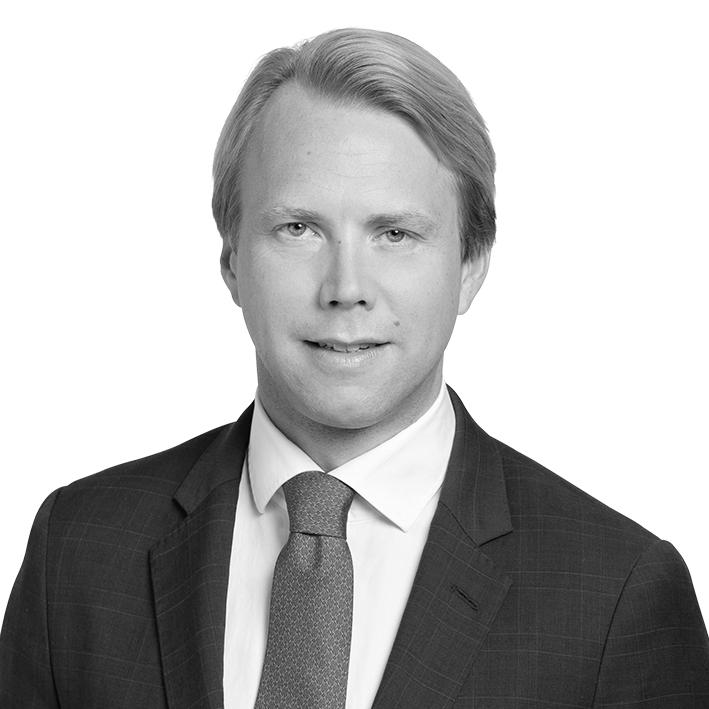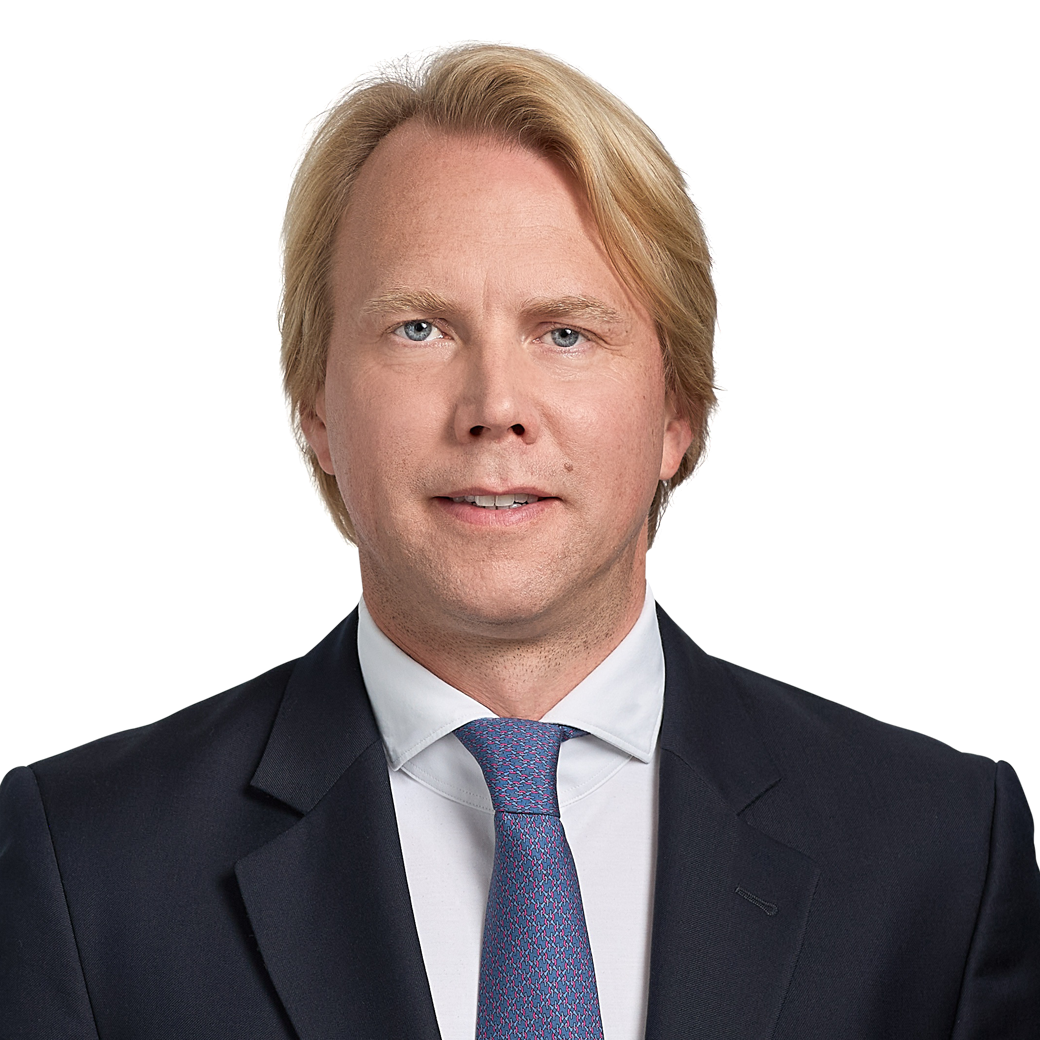The European Court of Justice will again deal with FRAND licensing
Published on 1st February 2021
In its decision of November 26, 2020 in the patent infringement action Nokia ./. Daimler the Düsseldorf Regional Court refers several questions to the ECJ regarding the licensing of standard essential patents (SEP) within multi-stage supply chains. This involves both the assessment of a SEP user's willingness to license and FRAND-compliant conduct of the SEP holder in supply chains. The order for reference seeks to close gaps that have not been dealt with in the up to date leading FRAND case Huawei/ZTE of the ECJ.
Challenges in relation to standard-essential patents
Standard-essential patents are patents that form part of a technical standard. If the use of the standard is mandatory for access to or a competitive offer on a product market, the SEP may give a dominant position to the owner. This leads to a tension between the rights and interests of the owner and those of the users. On the one hand, the patent conveys to its owner the right to prohibit third parties from using the patented technology without his consent. On the other hand, market participants are interested in gaining access to a product market. For a solution that is in line with both interests, SEP holders and SEP users should fulfill behavioral obligations that are intended to enable access to standardized technology under fair conditions (FRAND obligations).
In the present case, Nokia accuses Daimler of infringing the German part of its European patent EP 2 087 629 B1. The patent concerns a method for sending data in a telecommunications system, whereby the patent is essential for the LTE standard (4G). This standard is used by LTE-capable modules from different suppliers, which are installed in the automobiles of car manufacturer Daimler. The modules enable mobile radio-based services such as music or data streaming. Nokia's legal predecessor indicated several years ago that it considered its patent essential to the LTE standard and committed in a FRAND statement to grant licenses to third parties under fair, reasonable and non-discriminatory terms.
The FRAND defense
If an SEP user complies with its obligations, the SEP holder must grant it a license to its SEP on FRAND terms. If the SEP holder nevertheless brings an action for injunction against the SEP user, the SEP user shall, on the other hand, be entitled to the defense of abuse of a dominant position (FRAND defense). If successful, at least a request for an injunction will then be rejected by German courts as "currently unfounded".
The Huawei/ZTE case law of the ECJ has created a fundamental framework for the FRAND objection, but leaves many questions open in practice, especially in the case of varying constellations.
Therefore, the District Court Düsseldorf asks the ECJ whether FRAND obligations must necessarily be passed through prior to the initiation of litigation or whether the parties can also still catch up on their obligations during litigation. In addition, it wants to clarify under which concrete circumstances it can be assumed that the SEP user has made a significant request for licensing (willingness to license). For example, can a lack of willingness to license already be assumed if the alleged SEP user remains silent (for several months or even entirely) before court in response to an infringement notice or makes a particularly low license counter-offer?
The licensing of SEP within multi-stage supply chains
The appliance of the Huawei/ZTE case law takes on another dimension when considering multi-level supply chains.
Nokia believes that as the owner of a standard-essential patent, it is only obliged to grant access to the patented technology in the first place, but is free to decide at which stage of a complex production and supply chain it grants licenses on FRAND terms.
According to Daimler, based on the rules in the EU single market and on the FRAND declaration, Nokia has to offer each license seeker willing to license its own unrestricted license for all patent-relevant types of use in the standard-essential patent. Priority was therefore to be given to license-seeking suppliers of Daimler, which was also in line with standard practice in the automotive industry.
The Düsseldorf Court assumes that Nokia is principally entitled to injunctive relief against Daimler for patent infringement. However, the court raises the question of whether Nokia's assertion of the cease-and-desist claim against Daimler is to be regarded as an abuse of its indisputably dominant position on the licensing market. The decisive question is whether and, if so, under what circumstances the owner of a standard-essential patent abuses its dominant position if it brings an action for an injunction against the distributor of the end product on the grounds of patent infringement without first having complied with the licensing request of its patent-using suppliers.
Specifically, it asks, among other things, whether an end-product manufacturer can use the FRAND defense to counter an action by the SEP holder if the SEP holder refuses to grant a FRAND license to a supplier that has shown himself as “willing to license”. The District Court also addresses in its questions the importance of industry practice, possible licensing priority and the exhaustion effect.
Practical relevance and legal development
Due to its practical relevance, such a submission was already expected last year in "Connected Car" proceedings before the Mannheim Regional Court. However, the court decided against a submission and ordered the defendant car manufacturer to cease and desist. Thus, there was an increasing demand in practice for more legal certainty as to when an SEP holder can enforce its injunctive relief in that given constellation.
The referral decision carries the docket 4c O 17/19.




